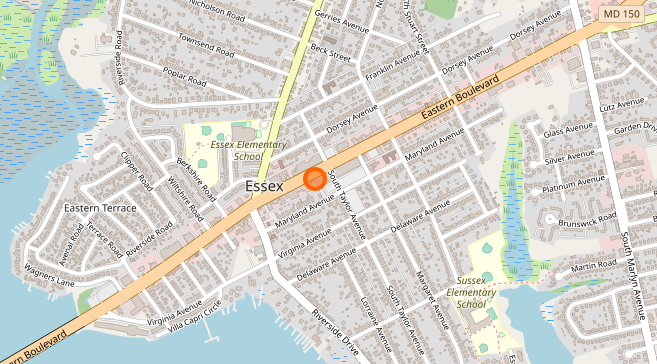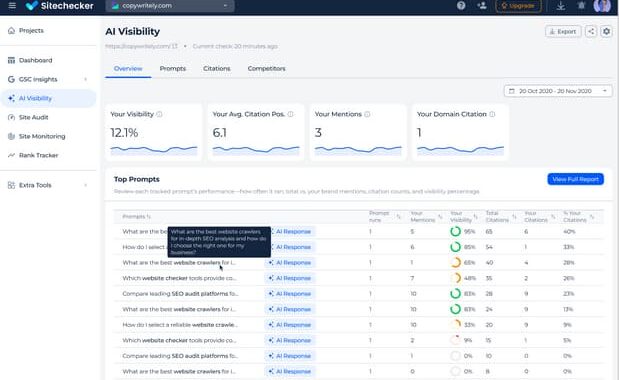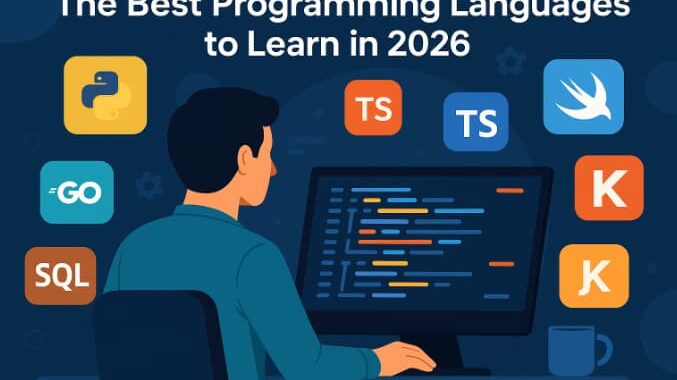Large Language Models are now a major entry point for information discovery. Users ask ChatGPT,…

OpenAI has taught AI to convert commands in English into program code
1.
OpenAI has taught AI to convert commands in English into program code
OpenAI, a company engaged in research in the field of artificial intelligence systems, has introduced a new solution based on the Codex algorithm. It is able to interpret commands in English for their subsequent implementation in the form of programming code, allowing to build simple sites and software.
According to the developers, Codex can now significantly simplify the work of experienced programmers, as well as help to train beginners. Artificial Intelligence literally turns a stream of words into real software like websites or rudimentary games. For example, a user can describe the basic appearance of a site or its functionality by listing requirements like the location of menus or text boxes using plain spoken English, and Codex will generate a finished product based on its own “insights” into what needs to be accomplished.
In this variant, programming skills are not required at all in some cases. However, basically Codex will only work as an “assistant” or “deputy” programmer, implementing the conceptual ideas of the “creators” in the simplest way possible.
According to Greg Brockman, the technical director and co-founder of OpenAI, the new tool is intended for a wide range of programmers. First of all, it will allow them to get rid of monotonous repetitive work using libraries, functions and APIs.
Codex is based on the GPT-3 algorithm – created by OpenAI for generating “meaningful” texts based on analyzing many terabytes of text material on the Internet. However, it can provoke a negative reaction from developers who put free and open source software online. The algorithm uses additional data that was literally “shoveled” from free software repositories for subsequent analysis.
OpenAI has said it does not violate any copyright or related rights laws. Nevertheless, many people expect criticism from volunteers who created countless lines of code – the company intends to cash in on the efforts of the community, who posted their software to be parsed and used for free. So far, the programmers do not have a common or at least dominant position on the newly created tool.



